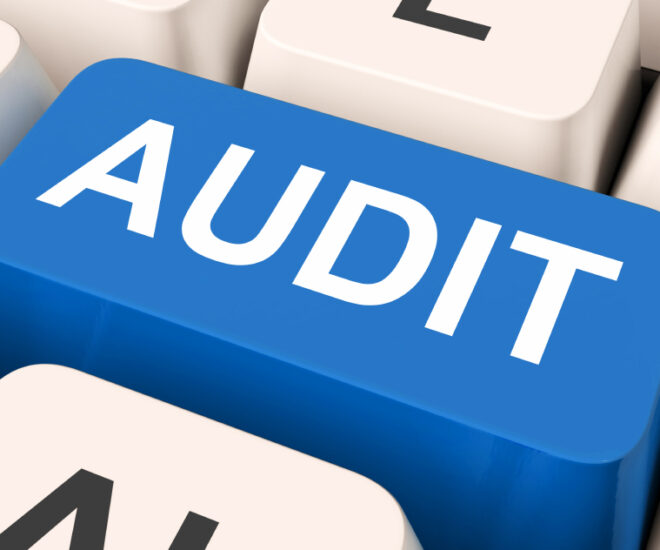
 Tax Audit Report for Grocery
Tax Audit Report for Grocery
Here are the key components of a Tax Audit Report for Grocery & Merchandise Stores:
1. Executive Summary:
This section provides an overview of the audit, including the scope, objectives, and findings.
2. Background:
This section provides information about the taxpayer, including the business structure, operations, and tax filing history.
3. Audit Procedures:
This section describes the tax audit for grocery procedures that were perform, including the review of records, interviews with employees, and analysis of financial data.
4. Findings:
This section identifies any potential errors or omissions in the taxpayer’s tax returns.
5. Conclusions and Recommendations:
This section summarizes the findings of the audit and makes recommendations for any necessary adjustments to the taxpayer’s tax returns.
In addition to these key components, a Tax Audit for Grocery & Merchandise Stores may also include the following:
- A discussion of the applicable tax laws and regulations
- An analysis of the taxpayer’s compliance with those laws and regulations
- A discussion of the taxpayer’s internal controls over financial reporting
- A summary of the taxpayer’s tax liability
- The specific content of a Tax Audit Report for Grocery & Merchandise Stores will vary depending on the specific circumstances of the audit. However, the key components listed above are generally included in all such reports.
Here are some of the specific areas that are typically audited in grocery and merchandise stores:
1. Sales tax:
This is one of the most common areas of audit for grocery and merchandise stores. The auditor will review the taxpayer’s sales tax records to ensure that all taxable sales have been report and that the correct amount of sales tax has been collect.
2. Income tax:
The auditor will review the taxpayer’s income tax returns to ensure that all income has been report and that the correct amount of income tax has been pay.
3. Property tax:
If the taxpayer owns real property, the auditor will review the taxpayer’s property tax records to ensure that the correct amount of property tax has been pay.
Employment taxes: The auditor will review the taxpayer’s employment tax records to ensure that all employment taxes have been withheld and paid.
4. Other taxes:
The auditor may also review the taxpayer’s records for other taxes, such as excise taxes, franchise taxes, and environmental taxes.
For further details access our website: https://vibrantfinserv.com
To visit: https://www.mca.gov.in/